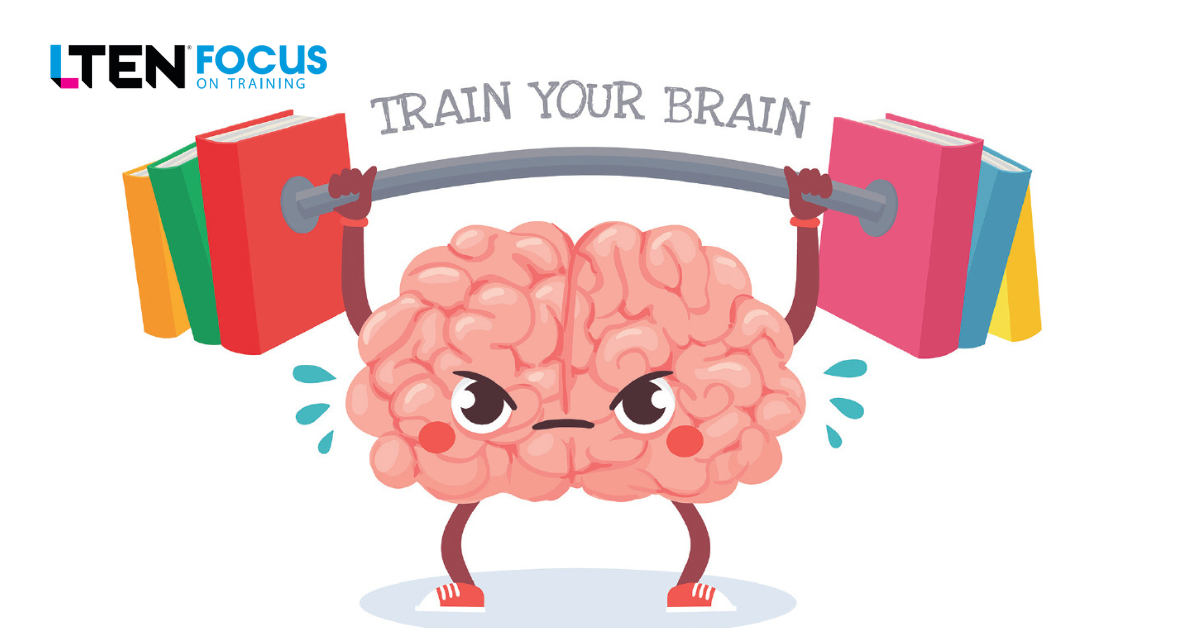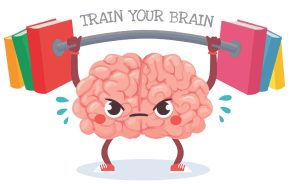
How can we truly support our learners to excel and to learn?
Guest Editor – Iain Boomer
 Here’s a common question: How do we support our learners to excel before, during and after workshops, onboarding, national sales meetings or other strategic learning events?
Here’s a common question: How do we support our learners to excel before, during and after workshops, onboarding, national sales meetings or other strategic learning events?
More often than not, we prepare our team members to be ready through a series of communications, logistics, gamification and content consumption. We prepare individuals with a curriculum of content that can be squeezed into their daily job – ensuring them that it will only disrupt or consume 30 or 60 minutes during the week prior to the event. They can handle a simple 30-minute commitment!
We provide pre-work that is targeted and relevant to support that individual during the workshop or event and afterward. It is not uncommon that we ask individuals to assess themselves, to create a baseline.
A best practice we have grown over the past several years is blocking time for individuals to dedicate to learning in their calendars. Ensuring that a rigorous work or onboarding schedule does not compromise or create a conflict of decision-making – this is a great positive step that is a best practice we must continue.
How can we truly support our learners to excel and be in a healthy, positive mindset to learn? They, and we, need to take our MEDS (mindfulness, exercise, diet and sleep), as a recent connection of mine, Donald Sandel, put it in his his book, Positive Mindset.
As Don writes, “When we are intentional about improving any of these aspects, because they are interconnected, lifting one lifts the others.”
“This connection refers to the idea that the body has a powerful influence on our brain functions and conversely that the brain has a powerful influence over how our bodies feel and work and heal,” writes Dr. Wendy Suzuki.
Mindfulness
When we gain back control of our brain and train the brain to focus and relax, we restore it to optimal levels, enhance memory, deepen intellectual understanding and enhance our creativity and problem solving (Korb 2015). Mindfulness also improves our sleep.
I know how weird it can feel to practice mindfulness – I’ve often struggled with the ability to relax and focus. We ask our learners to put their phones away and silence them, and if they need to attend a meeting or address a priority, to step out of the room. Rarely do we ask them to center or calm themselves and push out all the noise of our busy schedules.
We stress that we know they are busy individuals and encourage them to focus on the day ahead. Along with asking our participants to put their technology away, we need to give time to accept that change, work through that change and move beyond it. Understanding what it means for their positive mindset toward the activities and goals ahead.
It’s not enough to clear your schedule for the event, you must clear your mind to be in the right mindset to learn effectively.
How easy would it be for us to journal about the upcoming workshop or event – self-align on goals and outcomes? Start the day with journaling how it feels to have an opportunity to meet and work alongside your colleagues to achieve a difference for patients (or family members or children).
Exercise
Don and I agree enthusiastically – exercise is good for you!
We’ve all heard this for many years now. Exercise improves cognitive faculties, including your executive function, working memory, planning and problem-solving. Furthermore, those who exercise prior to cognitive tests immediately improve various brain functions and outscore those who didn’t exercise. (Brann 2018)
Sad to say that of all the events I have hosted, organized and participated in, almost none have provided direction or space on the agenda to focus on physical efforts or exercises. Changing tables, networking, musical chairs or walking to another flip chart does not count.
Just one of my events in the past 10 years had a morning session option of yoga and high intensity interval training to promote exercise and learning effectiveness. Are we hoping that coffee will give enough energy to get us from break to lunch to break and finish the day?
One country that has established a strong culture of exercise both in and out of the workplace is Japan. In Japan, rajio taiso — or radio calisthenics — is a short exercise routine broadcast daily on national radio. It encourages using only the momentum and weight of your own body without the need for any equipment.
The three-minute exercise mostly requires planting your feet in one spot, shoulder-width apart. This makes it ideal for office workers, school children, the young and the elderly to do from behind desks, in groups, at the park, at home – anywhere.(BBC, William Park -2020)
If you’re thinking that a program like this would never work in North American culture, it’s interesting to note that the initiative actually started in America. In the early 1920s, MetLife Insurance sponsored daily 15-minute calisthenics programs to be broadcast over the radio to American audiences in an effort to make them healthier and fitter.
A commitment of five to 15 minutes of exercise improves mood and boosts energy. Physical activity stimulates various brain chemicals such as serotonin that should leave employees feeling happier, more relaxed and with enough energy to push through three hours of role plays!
Diet
Garbage in, garbage out. We have known this for ages. 95% of my meetings have had a bowl of candy on the tables, sweets, desserts, sugar, sugar and sugar. And, coffee is always available and close at hand.
I love my candy and I have been known to polish off all the Laffy Taffy at the event! Two Red Bulls hit the spot before hitting the stage when I’m chairing and owning an event.
Fortunately, this is in my past – my mind is addicted to it and always asking me to take a little. How, when and what we feed our brains will have an important impact on our capacity and desire to learn.
We certainly do feel a boost after consuming something sugary, but this alertness doesn’t last for long. Glucose levels drop after about 20 minutes, leaving us feeling unfocused and easily distracted. Along with affecting our cognitive performance, it’s thought that sugar can also block our memory receptors.
When you think about how important it is to take in new information and solve problems during training sessions, this could affect performance.
Sleep
Lack of sleep reduces brain power, productivity, concentration, creativity, memory, motor and people skills, and it increases stress and anxiety. (Connelly 2014) It is a time when the body heals and the brain recuperates, regenerates and consolidates our learning from the previous day.
Getting enough hours of high-quality sleep fosters attention and concentration, which are a prerequisite for most learning. Sleep also supports numerous other aspects of thinking including memory, problem-solving, creativity, emotional processing and judgment.
Without sleep, the brain struggles to function properly. When neurons don’t have time to recuperate, they become overworked and less capable of optimal performance in various types of thinking.
Running an innovation session? Creativity is another aspect of cognition that is harmed by lack of rest and sleep. Having a good night’s rest will enable insight, a core element of innovation and creative problem-solving. (Suni & Vyas, 2023)
Conclusion
We need to make intentional and smart choices for our learners and ourselves –focused on a positive mindset and environment. This is not a massive time commitment: 10 minutes of mindfulness, 10 minutes of exercise, 10 minutes ensuring the diet provided or suggested is optimal and 10 minutes to clearly communicate to our teams the importance of our MEDS.
Leave the sweets and cakes off the menu. We can plan and navigate these changes into our prework and agendas for our events – virtual, hybrid and in person. The benefits of giving this small amount of time hugely outweigh the loss of time and space on our agendas.
Increased cognitive capability, more positive moods, greater memory retention, higher attention levels, stronger problem-solving skills and higher acuity increase our ability to interact together.
We often ask our learners to share their best practices or how they applied and developed a new skill or implemented a new strategy. Knowing that, their positive and intentional outcomes can inspire and support their team members.
Are we brave and intentional enough to ask our learners to focus on sleep and ensure that they have a well planned diet prior to along week of workshops or onboarding? Yes, we are. Yes, we can ask them to take their MEDS to ensure that our learners have a positive mindset and are optimally ready for development.
As an LTEN community, we need to share examples of how we are encouraging individuals to take their MEDS! Will we take our MEDS this June at #LTEN2023? It’s a great challenge and a goal!
 Iain Boomer is global learning director, The Academy, for AbbVie. Email Iain at iain.boomer@abbvie.com.
Iain Boomer is global learning director, The Academy, for AbbVie. Email Iain at iain.boomer@abbvie.com.








